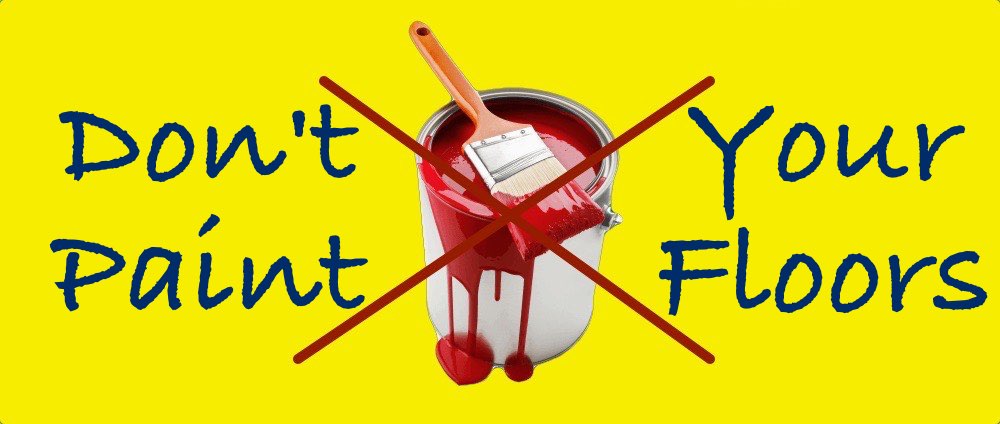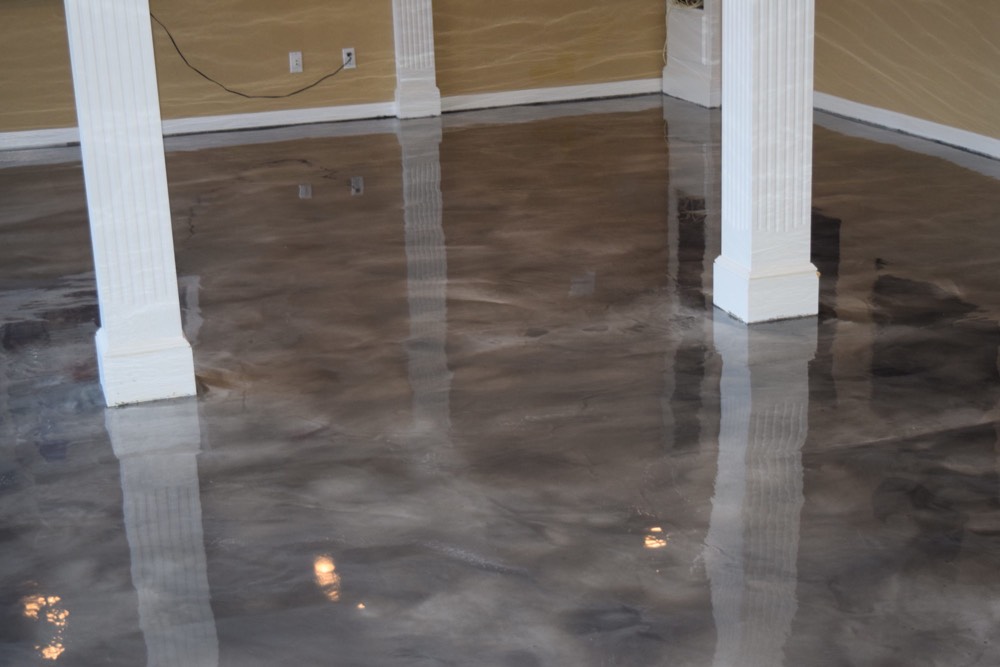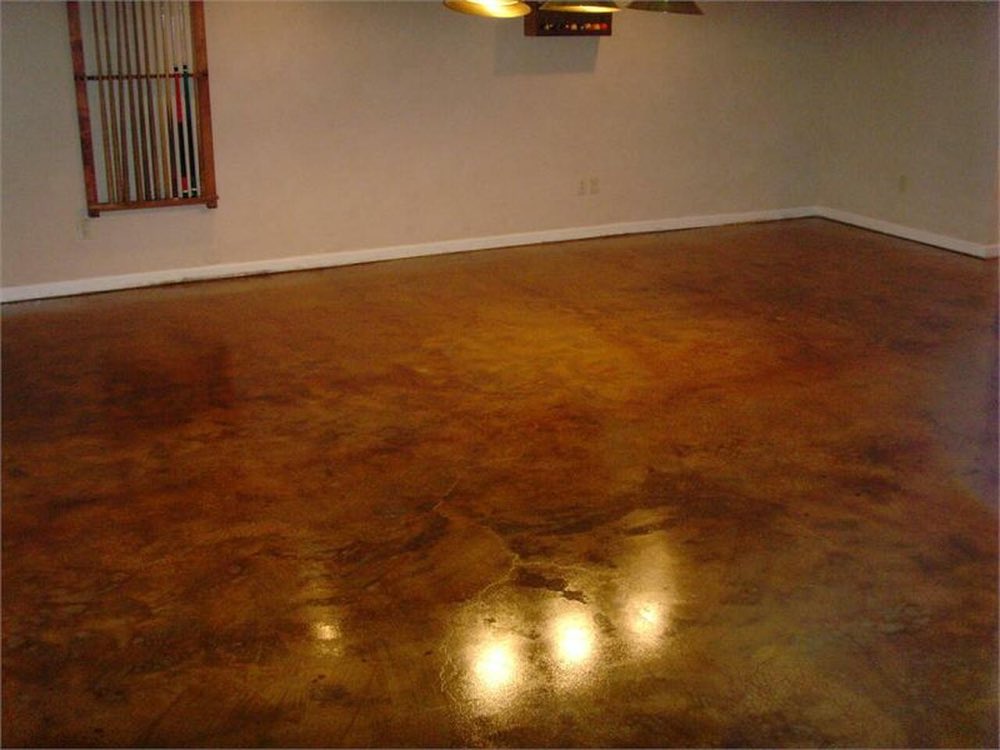If you have a concrete surface, whether exterior or interior, there’s a good chance you’ll need to get it treated with some sort of sealant or coating. But which is better for you—a concrete sealer, or something stronger such as an epoxy?
The answer depends mostly on where the concrete is located and what it’s primarily used for.
Concrete floor sealer
A lightweight concrete sealer is ideal for outdoor surfaces that are subject to damage from the elements—such as freezing and thawing temperatures that can cause concrete surfaces to break up over time.
When we talk about sealers, we’re referring to either an acrylic-resin sealer or a penetrative sealer such as a silane or siliconate. (Technically an epoxy or urethane coater can be considered a type of sealer, but these also add a number of other properties to the floor and so will be considered separately.
Advantages of concrete sealers:
- Seals the surface pores of the concrete to make it impervious to liquid
- Protects from freeze/thaw cycle cracking
- Prevents surface from stains due to oil drips, dirt, mold, etc.
- Protects from minor corrosion from chemicals and salt
- Can be used to make the surface look wet or shiny
Installation considerations:
- Lasts for up to 5 years before needing a re-application
Best applications:
- Driveways, patios and other outdoor surfaces
- Small home projects such as basements
- Indoor surfaces that don’t have a lot of foot traffic
Epoxy or urethane coatings
Epoxy floor coatings are chemically different than urethane coatings, but they are often used in tandem on concrete floors. So we’ll be looking at the general benefits that these share, either when used separately or together.


Advantages of concrete sealers:
- Seals the surface pores of the concrete to make it impervious to liquid
- Protects from freeze/thaw cycle cracking
- Prevents surface from stains due to oil drips, dirt, mold, etc.
- Protects from minor corrosion from chemicals and salt
- Can be used to make the surface look wet or shiny
Installation considerations:
- Lasts for up to 5 years before needing a re-application
Best applications:
- Driveways, patios and other outdoor surfaces
- Small home projects such as basements
- Indoor surfaces that don’t have a lot of foot traffic


Epoxy or urethane coatings
Epoxy floor coatings are chemically different than urethane coatings, but they are often used in tandem on concrete floors. So we’ll be looking at the general benefits that these share, either when used separately or together.
Advantages of epoxy/urethane coatings
- One of the best forms of protection
- Seals the surface pores of the concrete to make it impervious to liquid
- Protects from damage from water and oil stains
- Can prevent corrosion due to industrial chemicals
- Protects surface from abrasions and impact damage
- Comes in a variety of colors and patterns that can be customized
Advantages of epoxy/urethane coatings
- One of the best forms of protection
- Seals the surface pores of the concrete to make it impervious to liquid
- Protects from damage from water and oil stains
- Can prevent corrosion due to industrial chemicals
- Protects surface from abrasions and impact damage
- Comes in a variety of colors and patterns that can be customized


